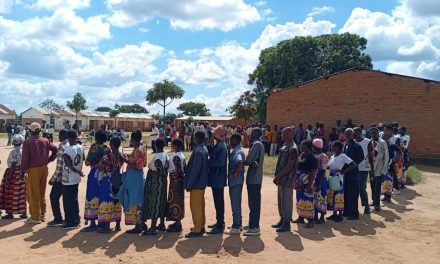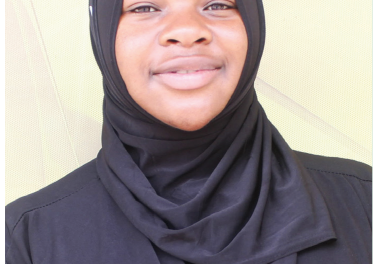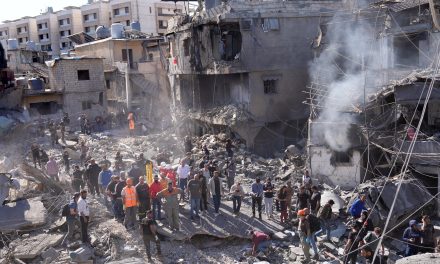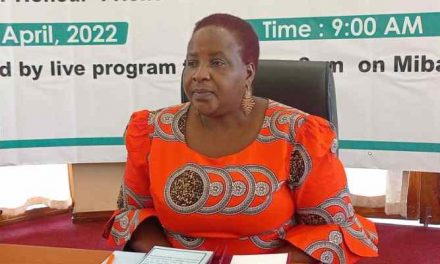
Outlawing Chaos: The Pitfalls of Parliamentary Disruption

In a parliamentary democracy, the legislative house represents the zenith of democratic discourse and decision-making. It is a place where elected officials convene to debate, analyze, and legislate for the benefit of their constituents and the nation at large.
However, recent occurrences have revealed a troubling trend: the emergence of disorder and violence within the Malawi chamber designed for reasoned debate. The negative consequences of such behavior cannot be emphasised, as they undermine the very essence of democracy and impede progress in government.
For starters, engaging in physical altercations or causing disruption in Parliament degrades the institution’s dignity. Members of Parliament appear to have forgotten that the parliamentary chamber is a symbol of democracy; where varied voices come together to express diverse views and achieve an agreement via discourse.
When this area becomes a conflict, people lose respect and reverence for their Members of Parliament and the democratic process as a whole. It reduces public trust in parliamentarians’ ability to legislate efficiently and responsibly.
Furthermore, causing disorder in Parliament undermines the legislative process and impairs government’s ability to function. Instead of focusing on important issues and enacting real legislation, the House wastes its valuable time and resources dealing with such disorders. Malawi is in a state of emergency following the declaration President Lazarus Chakwera made following the hunger crisis affecting nearly all of the country’s districts. Members of Parliament are required to discuss solutions to address the situation rather than fighting in the noble house.
Additionally, such behavior sets a bad example for future generations of legislators and weakens the culture of civility and respect required for good governance. It will eventually present a negative picture for individuals who aspire to be future MPs. This normalization of aggressiveness and incivility taints the political milieu, making it increasingly difficult to create cooperation and bipartisanship in pursuit of shared objectives.
Moreover, the spectacle of turmoil and disorder in the parliamentary chamber tarnishes Malawi’s reputation as a peaceful country on international stage. It conveys an image of governmental instability and dysfunction, which can harm foreign investment, diplomatic ties, and the country’s reputation in international forums. In an interconnected world where perception is everything, such tragedies can harm a country’s reputation and limit its capacity to properly participate with the international community.
Finally, the drawbacks of fighting in the parliamentary chamber are numerous and serious. It weakens the institution’s dignity, interrupts the legislative process, creates a negative precedent for future government, and tarnishes the nation’s image. It is critical that elected representatives follow ideals of politeness, respect, and decorum in their interactions within the parliamentary chamber. Only by committing to reasoned discourse and constructive engagement can democracy truly thrive and people’s needs be properly met.
































